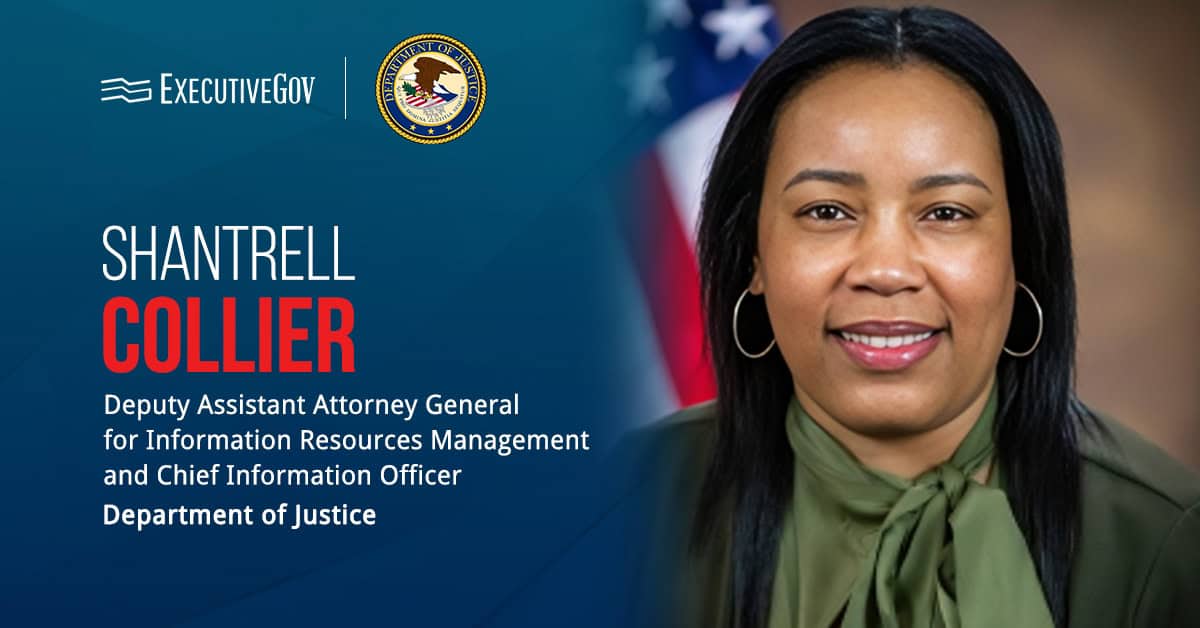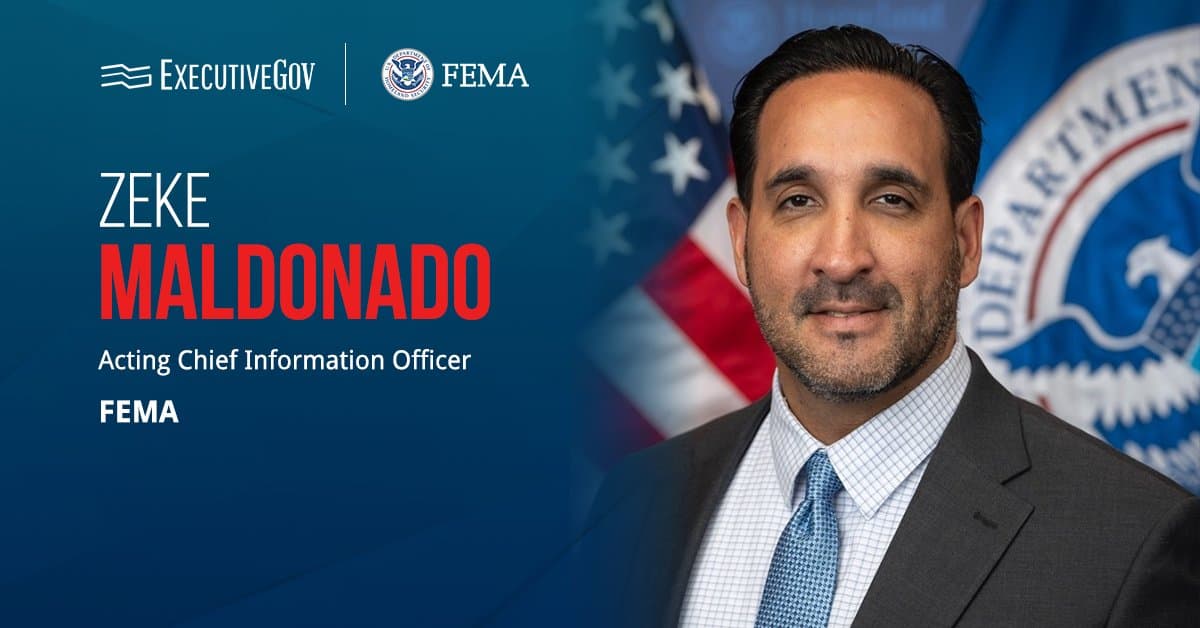
The Office of Management and Budget has allowed agencies to decide whether they need to appoint a chief data officer due to varying data workloads, Federal Times reported Monday.
Suzette Kent, the federal chief information officer and 2020 Wash100 Award winner, said agencies have varying amounts of work; hence, OMB's decision to allow agencies the freedom of whether to employ a CDO. Some agencies have assigned their CIOs or similar officers to hold the responsibilities supposedly intended for the CDO.
The CDO role is part of the Foundations for Evidence-Based Policymaking Act of 2018, a law that aims to govern how agencies inform policies via data. Kent said the law's description of a CDO's responsibilities may already apply to the work of CIOs at some agencies.





